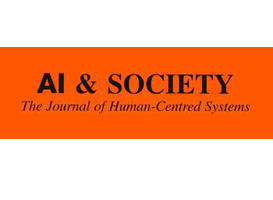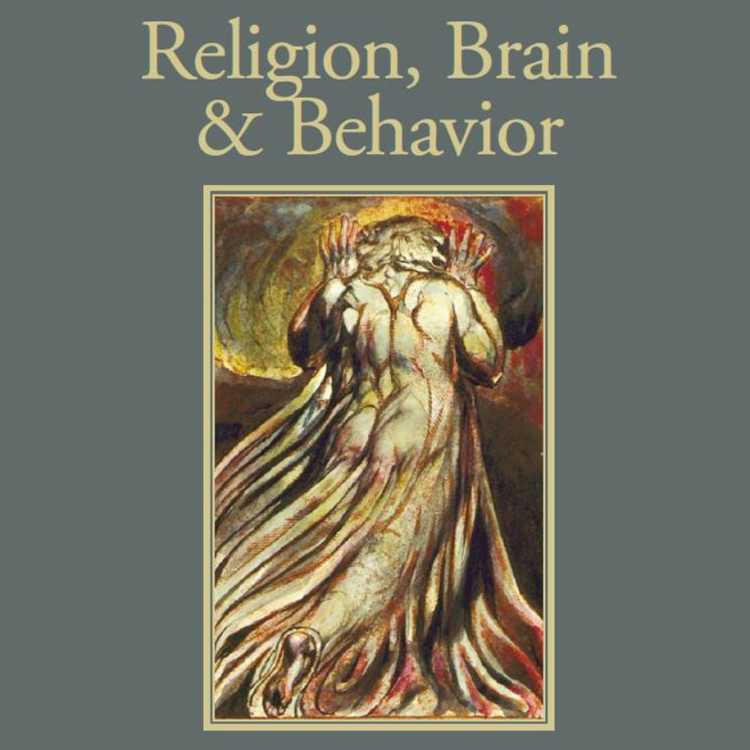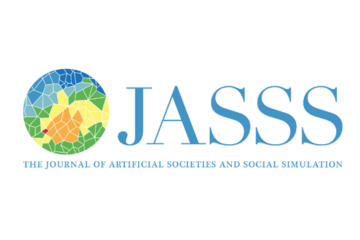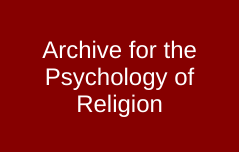Saikou Diallo, F. LeRon Shults, Wesley J. Wildman
AI & Society

August 2020
Abstract: Public policies are designed to have an impact on particular societies, yet policy-oriented computer models and simulations often focus more on articulating the policies to be applied than on realistically rendering the cultural dynamics of the target society. This approach can lead to policy assessments that ignore crucial social contextual factors. For example, by leaving out distinctive moral and normative dimensions of cultural contexts in artificial societies, estimations of downstream policy effectiveness fail to account for dynamics that are fundamental in human life and central to many public policy challenges. In this paper, we supply evidence that incorporating morally salient dimensions of a culture is critically important for producing relevant and accurate evaluations of social policy when using multi-agent artificial intelligence models and simulations.



